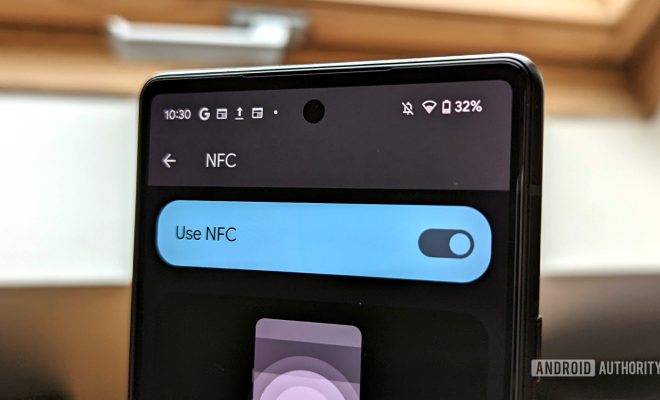NFC vs. Bluetooth: What Are the Differences?

As technology continues to advance, we are constantly presented with new ways to connect and transfer data wirelessly. Two of the most popular wireless communication technologies are Near Field Communication (NFC) and Bluetooth. While both of these technologies serve the same purpose of enabling wireless communication, there are some key differences that set them apart.
NFC is a short-range wireless communication technology. It enables devices to communicate with each other by being in close proximity, usually within a few centimeters. NFC chips are embedded in devices such as smartphones, tablets, and even credit cards. NFC has a very simple and straightforward setup. All that is required is for the two devices to be brought close together and the data exchange can commence.
On the other hand, Bluetooth is a wireless communication technology that works within a range of approximately 100 meters. It is a more complex technology and requires a bit more setup to get it up and running. Bluetooth works by pairing two devices together, typically through a process of discovery and authentication. Once two devices are paired, they can communicate with each other wirelessly over a longer range.
One of the biggest advantages of NFC is its ability to transmit data quickly and securely. Because it requires such close proximity, there is virtually no chance of interference or data corruption during transmission. This makes it ideal for contactless payments, ticket scanning, and other similar applications where speed and accuracy are crucial.
Bluetooth, on the other hand, is better suited for applications that require more range and flexibility. For example, Bluetooth technology is often used to connect wireless headphones or speakers to a phone or tablet. It is also commonly used for wireless file transfers between devices or for internet tethering.
Another notable difference between the two technologies is power consumption. NFC requires very little energy to work, as it is only active when it is being used. This means it has a much smaller impact on battery life compared to Bluetooth, which can drain the battery of devices quite quickly.
In conclusion, both NFC and Bluetooth have their strengths and weaknesses. It really depends on the specific application, as to which technology is better suited. For short-range transfers, NFC is definitely the best choice, while Bluetooth is ideal for longer-range communications. As technology continues to evolve, we may even see these two technologies working together or being replaced by even newer and more advanced wireless communication technologies.





